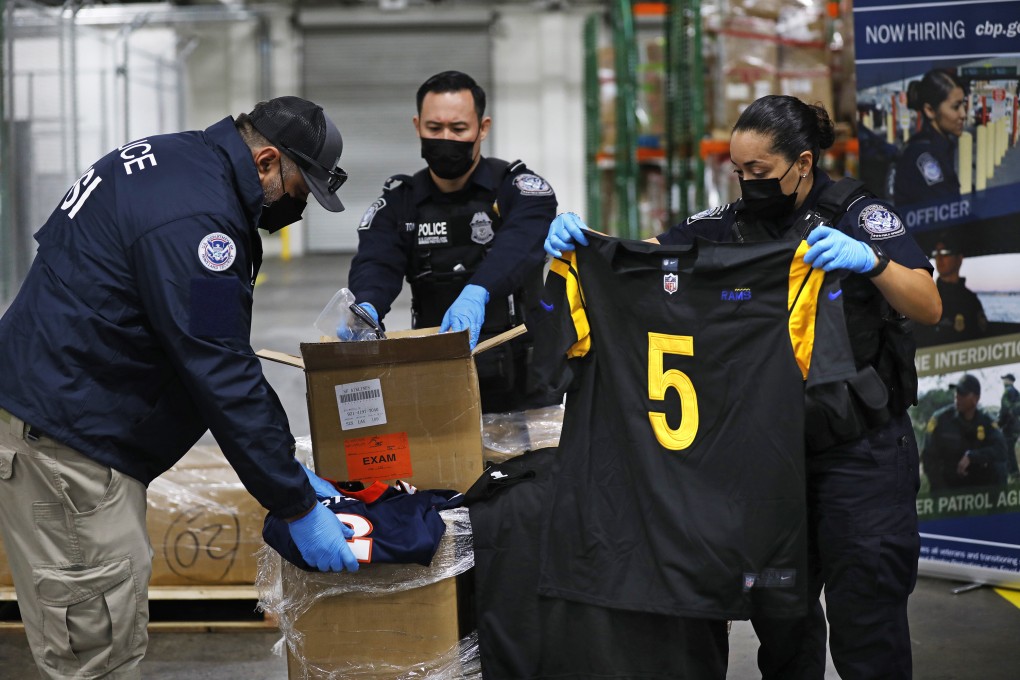US trade report accuses China of using intellectual property laws to dominate markets
- China was among six other countries — Argentina, Chile, India, Indonesia, Russia, and Venezuela — put on a ‘priority watch list’
- Covid-19 test kits made the US list of counterfeit Chinese goods for the first time

China appears intent on using its intellectual property laws to unfairly dominate markets and, while Beijing has made some progress strengthening patent, copyright and criminal statutes, implementation and enforcement remain insufficient, according to a US government report released on Wednesday.
“China must provide a level playing field for IP protection and enforcement,”said the US Trade Representative (USTR) office’s annual Special 301 report, which catalogues intellectual property infringement by trade partners.
The document noted that China is the leading source of counterfeit and pirated goods ranging from cosmetics and fertilizer to medicines, accounting for 83 per cent of all products seized in the US in 2020 for these violations.
While the USTR has kept this designation on China for years, Covid-19 test kits made the list of counterfeit goods for the first time.

“Statements by Chinese officials that tie IP rights to Chinese market dominance continue to raise strong concerns,” the report said.
“Despite recent trademark law amendments, the limited success brand owners have had in challenging bad faith registrations is insufficient when compared to the overwhelming number of bad faith trademark applications filed and registrations granted,” it added.
